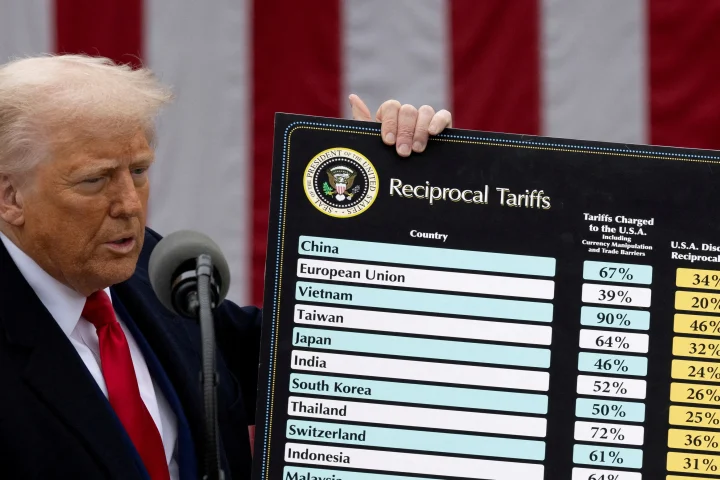Britain’s competition watchdog has placed Google squarely in its regulatory crosshairs, activating new powers to oversee the company’s search and advertising operations as part of a sweeping effort to rein in the dominance of global tech giants.
The Competition and Markets Authority (CMA) on Friday confirmed that it has officially designated Google with “strategic market status” (SMS) for its general search and search advertising services. The designation follows a nearly nine-month investigation in which the regulator concluded that Google holds “substantial and entrenched market power” in the U.K.’s digital search ecosystem.
The decision marks the first major exercise of the CMA’s enhanced authority under its recently enacted Digital Markets, Competition and Consumers Act, which aims to “improve competition in digital markets” and “drive innovation, investment and growth across the U.K. economy.”
“Google maintains a strategic position in the search and search advertising sector with more than 90% of searches in the U.K. taking place on its platform,” said Will Hayter, executive director for digital markets at the CMA. “Having taken into account the feedback received following our proposed decision, we have today designated Google’s search services with strategic market status.”
The regulator clarified that the move is not a finding of wrongdoing, but it gives the CMA the power to impose rules designed to ensure fairer competition. This could include measures altering how Google ranks search results, shares data with advertisers, or uses third-party content particularly in AI-generated responses.
The CMA noted that Google’s Gemini AI assistant was not included in the scope of the current designation, though other AI-based search features are covered. A consultation on possible interventions is expected to begin later this year.
While the exact measures remain under discussion, a roadmap published by the CMA in June suggested several potential remedies. These include requiring Google to provide greater transparency in search rankings, give publishers more control over how their content is displayed or reused in AI summaries, and ensure rival services have fairer access to search advertising markets.
If implemented, such rules could reshape how Google operates in one of its most important international markets and signal a new phase of oversight for large tech firms operating in the U.K.
In response, Google defended the value of its services to the British economy, warning that overly restrictive regulations could stifle growth and delay technological progress.
“Many of the ideas for interventions that have been raised in this process would inhibit U.K. innovation and growth, potentially slowing product launches at a time of profound AI-based innovation,” said Oliver Bethell, senior director of competition at Google.
Bethell added that the company hopes to see “outcomes that reflect such ambitions in the crucial months ahead,” emphasizing that Google’s search product “contributes billions of pounds” to the national economy.
The company also pointed to its ongoing investments in the country, including Alphabet’s £5 billion ($6.8 billion) commitment announced last month to expand U.K. operations, notably through a new state-of-the-art data center north of London.
British Finance Minister Rachel Reeves hailed that investment as “a powerful vote of confidence in the U.K. economy and the strength of our partnership with the U.S.”
Bethell further cautioned that the U.K. should avoid adopting overly burdensome policies similar to those seen in parts of Europe, where tighter digital rules have sometimes delayed new product rollouts.
“To date, U.K. businesses and consumers have been amongst the first to benefit from Google’s innovations, often months before their European counterparts,” Bethell said. “For this to continue, the U.K. should focus on avoiding unduly onerous regulations and learning from the negative results seen in other jurisdictions.”
The CMA’s designation highlights how regulators worldwide are tightening oversight of major technology platforms as artificial intelligence and digital advertising reshape global markets. The authority is already pursuing a separate investigation into Google’s mobile operations, which could further expand its oversight into app distribution and Android-related services.
For now, the latest move marks a turning point in Britain’s approach to big tech one that could redefine the balance between innovation, competition, and regulation in the fast-evolving digital economy.








